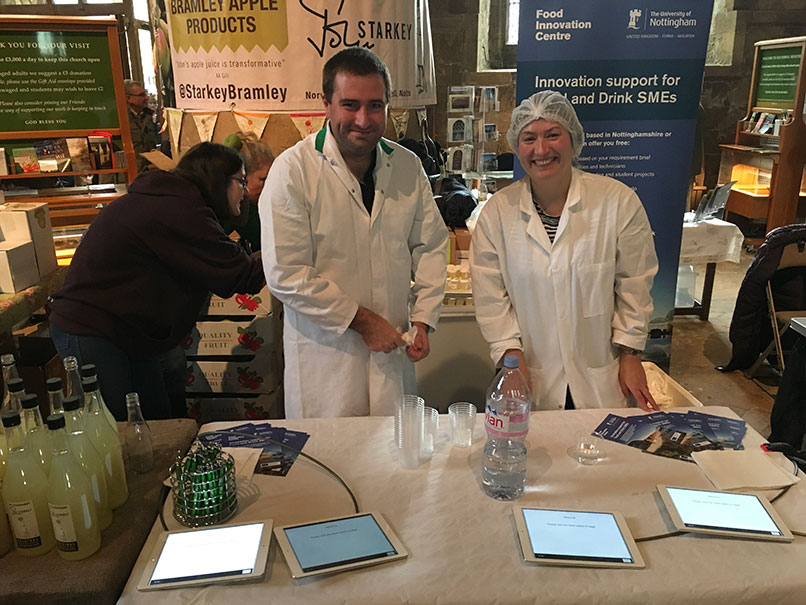
October 25, 2017, by Lindsay Brooke
The ‘taste’ of Bramley apple juice is put to the test
Volunteers were more than happy to offer their services this weekend when they were asked to give their opinion on which variety of Bramley apple juice tastes the best and why.
Many of the hundreds of visitors to this year’s Bramley Apple Festival in Southwell were asked to participate in the blind tasting set up by the Food Innovation team at the University of Nottingham. They were asked to try juice made from apples picked from clones of the original Bramley apple tree and juice made from apples taken from the more widely available grafted Bramley apple trees.
The project is a collaborative study commissioned by Starkey’s fruit farm.
In 1994, Sir John Starkey and Professor Ted Cocking, an expert in plant cell biology from the School of Biosciences at the University of Nottingham, took genetic material from the original Bramley apple tree in Southwell to preserve its DNA. In doing so, the Starkeys have protected her genetic inheritance for future generations by cloning her and planting a Centenary Orchard just up the road. These are the only commercial copies of the tree and are lovingly tended by hand. The University of Nottingham also has a small orchard of the cloned trees. What Starkeys want to know is if the apples from these trees taste any different to apples from the grafted trees and if so what is the difference.
Two hundred volunteers are needed and visitors to the festival were more than happy to help.
- Food Innovation team from University of Nottingham tasting test.
- Quentin Rayner from BBC East Midlands Today takes the taste test
- Apple Juice samples
- Food Innovation team from University of Nottingham tasting test.
- Food Innovation team from University of Nottingham tasting test.
- Suzannah Starkey
- Food Innovation team from University of Nottingham tasting test.
- Food Innovation team from University of Nottingham tasting test.
- Food Innovation team from University of Nottingham tasting test.
- Finley Elliott, aged 3, takes the taste test.
- Food Innovation team from University of Nottingham tasting test.
If you want to know more about the project take a look at this video.
There is still a lot more work to do before the results are known.
No comments yet, fill out a comment to be the first

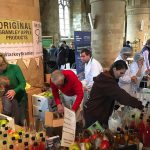
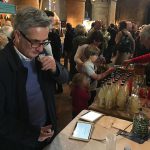
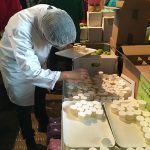
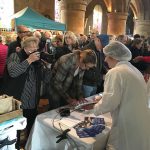
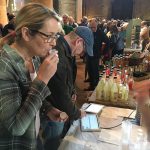
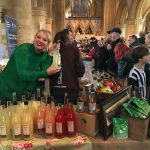
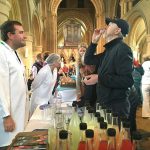
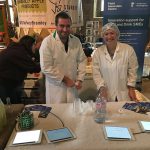
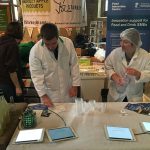


Leave a Reply